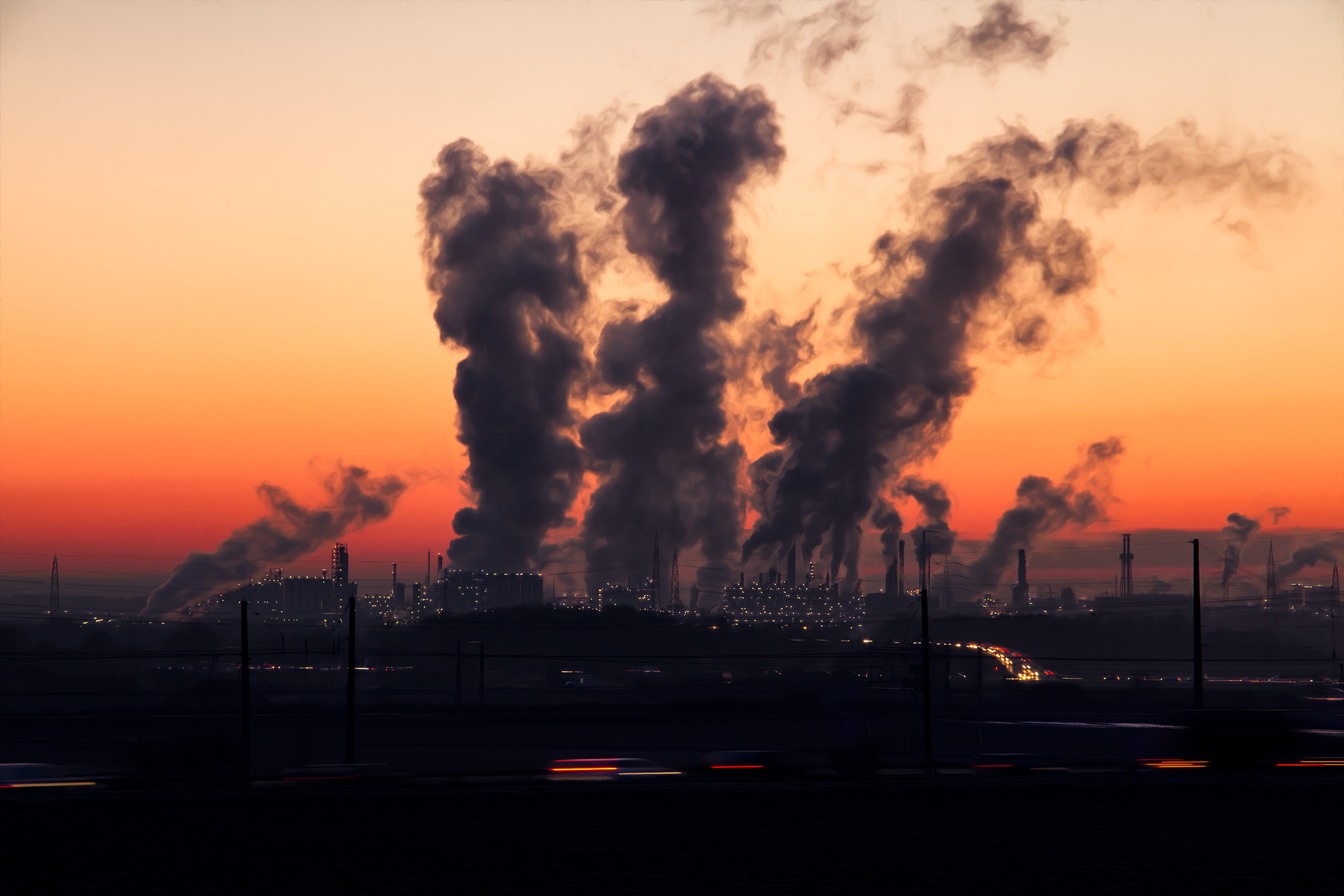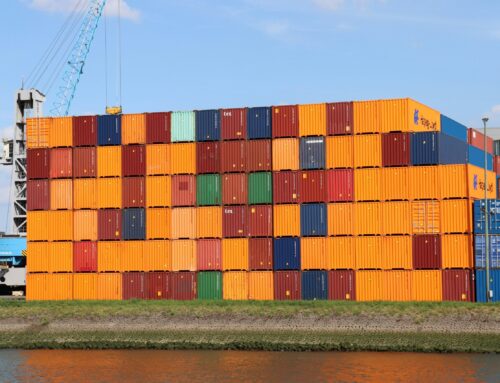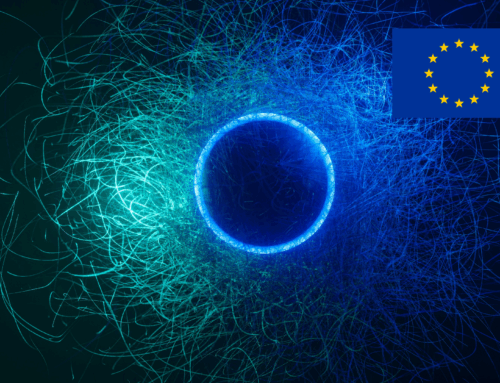The reporting obligation for importers of CO²-intensive goods from non-EU countries, which officially started on 1 October 2023, is currently causing significant problems for small and medium-sized enterprises (SMEs) in Germany. The additional bureaucratic work involved in the new equalization system is putting smaller companies to the test. In addition, there are known errors in the IT portal of the CBAM Transitional registry, which the EU Commission had set up specifically for the submission of the quarterly reports.
There are also uncertainties whether or not companies are affected by the new reporting obligation. Imports of CO²-intensive goods from third countries with a value of 150 euros or more are already subject to the reporting system. The low exemption limit is one of the reasons why many German importers are required to submit the statutory reports on a regular basis.
In order to draw attention to these and other inconsistencies, the German Chamber of Industry and Commerce (DIHK) recently published an information paper (in German language) containing several suggestions for optimizing CBAM procedures. A selection of these recommendations:
- Development of a tool to identify necessary CBAM obligations (by querying the third country and the customs tariff number)
- Provision of a broad information campaign on CBAM by the EU Commission in all official EU languages. Setting up a telephone hotline and a chatbot to cover the ongoing need for information
- Reduce the number of mandatory data fields in CBAM reports (currently: 200)
- Increase the exemption limit from 150 to 5000 euros. Grouping of similar goods up to 50 kg. Maintaining the applicability of default values
- No penalties for missing deadlines during the transition phase until 1 January 2026
- Avoidance of protectionism and global trade conflicts
The Carbon Border Adjustment Mechanism (CBAM) is part of the “European Green Deal”, which, among other things, has set the goal of achieving climate neutrality in the EU by 2050. CBAM is a tool to prevent greenhouse gas emissions from being shifted to non-EU countries, where the production of emission-intensive goods is cheaper due to the stricter regulations in the EU emissions trading system (“carbon leakage”). In Germany, the German Emissions Trading Authority (DEHSt) is responsible for implementing the new “carbon tariff”.
Source: DIHK (German)






